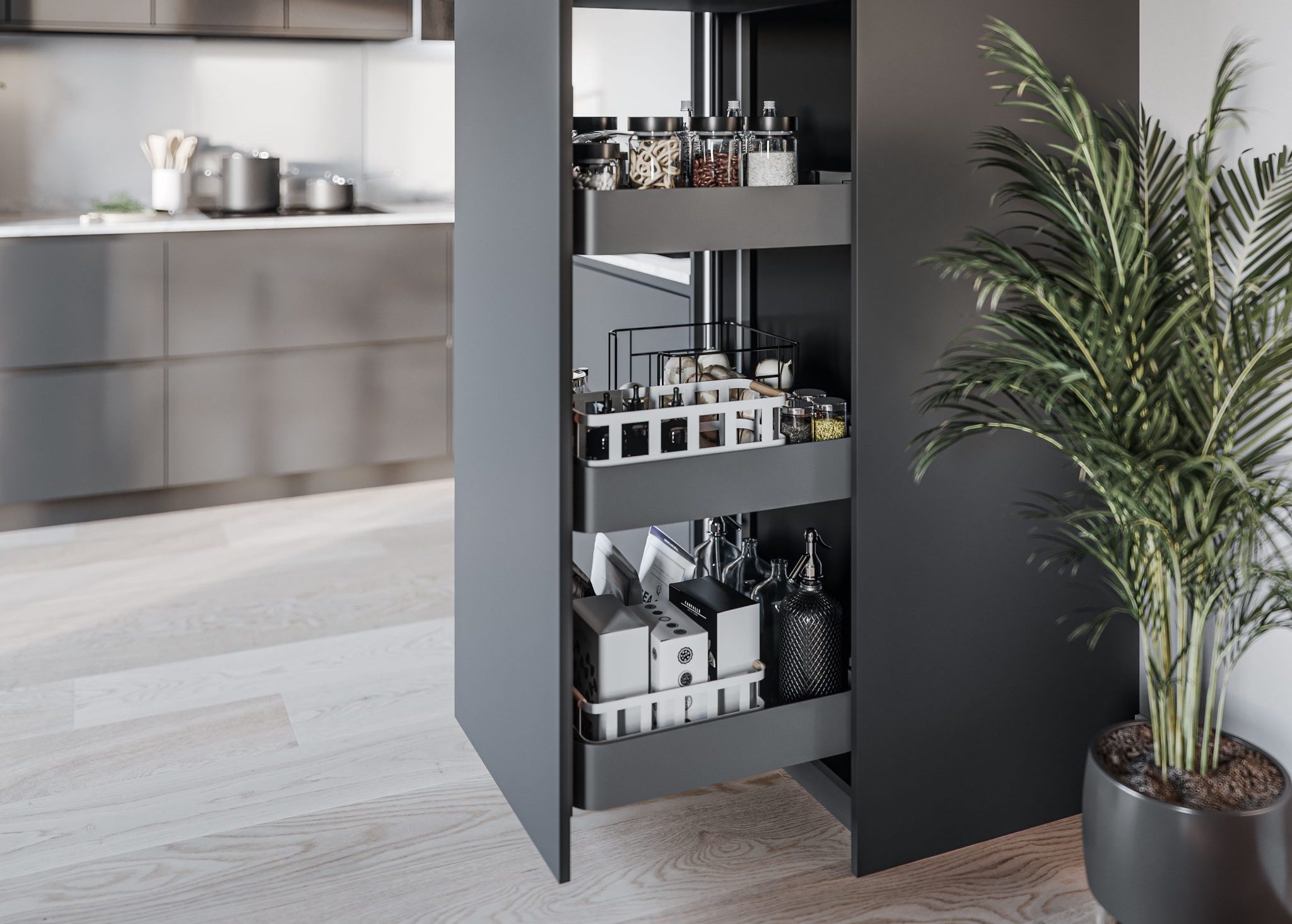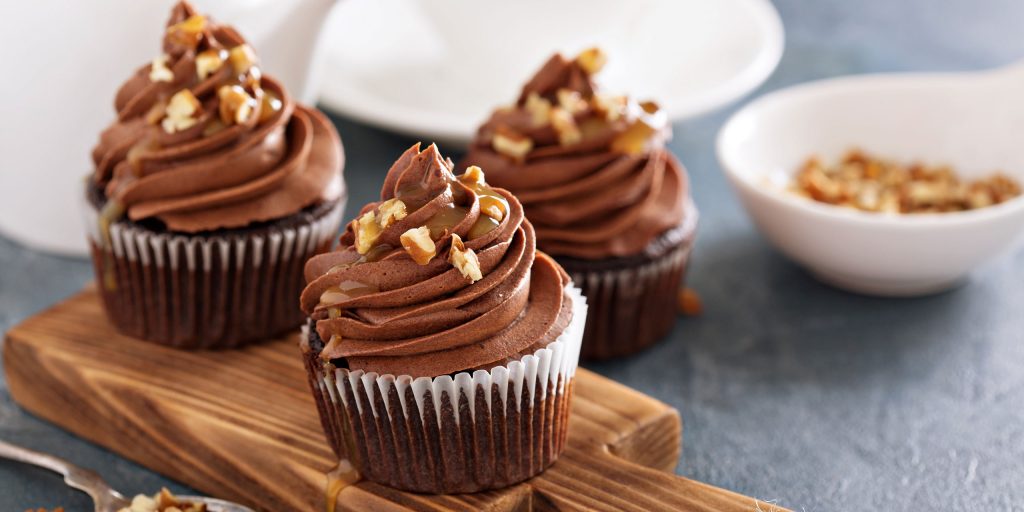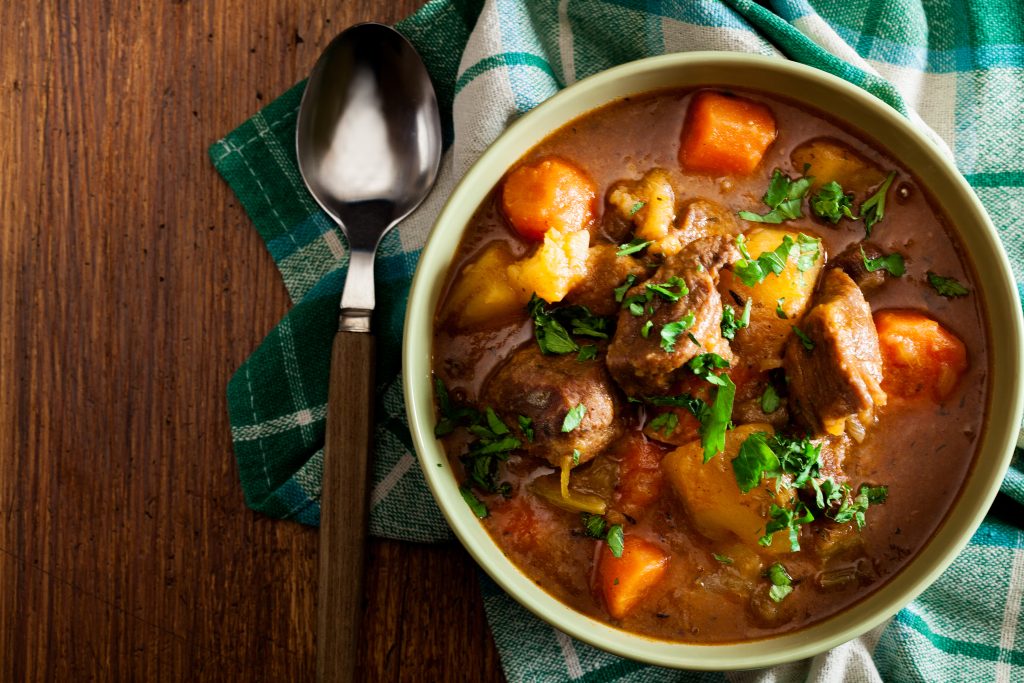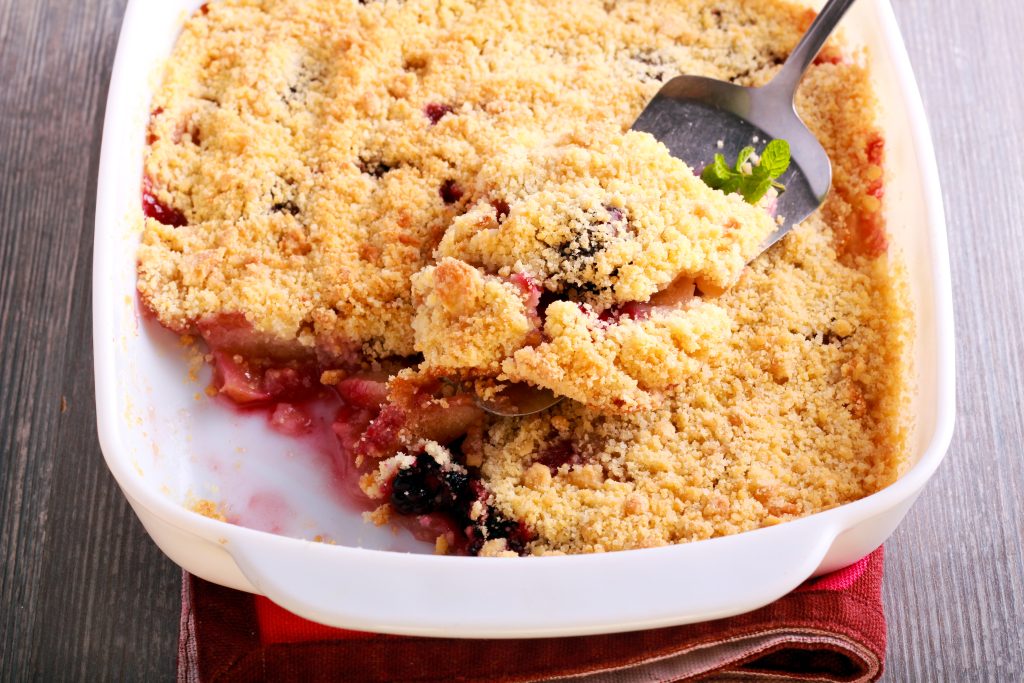For over a year now we’ve had to deal with weeks of lockdowns and self-isolation periods, never before have we spent as much time in our homes. In order to pass the time, many of us have taken to the kitchen and started baking. It wasn’t long before past times turned into passions and people started using their new skills to start their own baking business.
Thinking of starting your own home baking business? Follow our easy guide on how to.
Register your Business and Premises (The Boring but Important Stuff)
A good place to start if you’re serious about selling your baked goods is to register yourself as self-employed with HMRC. The process is fairly straightforward and is necessary even if this is just something you’re planning on doing on the side. Once your business is up, running and developing you could perhaps register it as a limited company.
It’s also vital you contact your local authority’s environmental health service at least a month before you start selling your baked goods. This is simple and free, all that is required is to pass a health & hygiene inspection of your workspace. You may need permission from your landlord or mortgage lender before operating a baking business from home too.

Kit your Kitchen out (The Tools of the Trade)
When you become a success, you’re going to have multiple orders that need to completed. Therefore, you’re going to need to have a kitchen that is capable of handling all your baked goods. For starters, think about appliances such as mixers, scales etc. that are essential for baking. Then, a great investment would be a double oven so you can bake in large batches.
As well as your means of baking, think about your kitchen space. Before your products are in the oven they’ll be getting prepared on a worktop surface. Therefore, a spacious and functional kitchen will make your life so much easier. Incorporating a kitchen island into your design provides a great space for all your preparation and acts a central hub for all kitchen activity.
Organise your Ingredients and Equipment (Storage Wars)
Once you have all your ingredients and equipment in the door, you’ll need to find a place to store them. A good start would be to separate your ingredients into clear, labelled storage containers that make it simple to find. Stackable plastic containers are also useful if you don’t have a lot of cupboard space.
Storage solutions such as tall open larders are perfect for keeping all your items together in an easily accessible location. For more storage information then read our 5 Tips to Maximise your Storage Blog.

Set your Prices and Secure Insurance (Let’s talk Money)
It’s important that you understand the financial requirements of running your own home baking business. When setting your prices not only should you take into consideration what your competitors are doing but also the costs of your ingredients etc. Include a charge for your time in order to make a profit as well.
I’d recommend investing in business insurance (i.e., product liability insurance) to cover yourself against any injury, illness or damage. Keep track of your income and expenses (so keep those receipts) too so that completing your tax return can be as easy as possible.

Think of a USP (Unique Selling Point)
Like we said, baking businesses are on the rise so you might have your fair share of competition so it’s important to figure out what makes your products unique. Maybe it’s the way you decorate your bakes, or maybe it’s your special ingredients, or maybe you do themed cakes for every occasion. Whatever your niche is make sure you perfect it and promote it.

Start Marketing (Putting your Business on the Map)
In 2021 there’s so many ways to get your name out there than ever before.
One of the easiest and cheapest ways to reach your audience is by setting up social media profiles. Sites like Facebook and Instagram for example, are perfect platforms to showcase your stunning baking efforts (so make sure to get good quality pictures/videos) in order to grow and nurture your customer base. They also offer a simple way for you to communicate with your customers in order to answer enquiries and take orders. Once you get up and running, creating a website would be beneficial for managing and promoting your business to a wider market.
Offline, traditional marketing materials such as flyers and paper menus can be distributed throughout your area. Baking businesses are also fantastic for going to local events such as food markets, fairs and bake shows.



